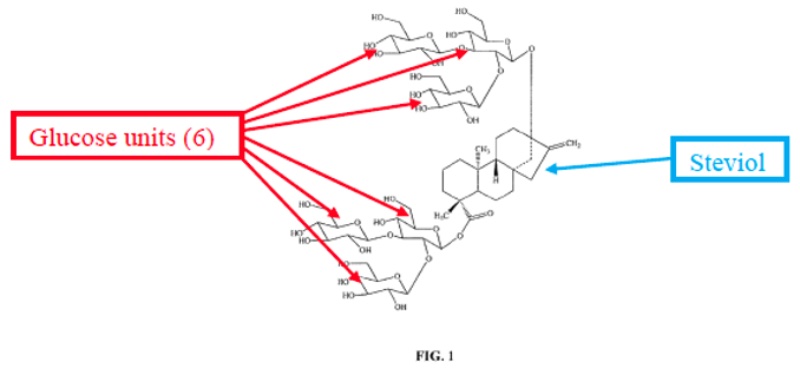Vidal Delays OpenSky Payment But Upholds Attorney’s Fees Award for VLSI
“While Goodyear does require a causal link between attorney’s fees incurred and misconduct, Vidal noted that the Supreme Court’s ruling established that, ‘[t]he essential goal’ in shifting fees is ‘to do rough justice, not to achieve auditing perfection.’”
On March 11, U.S. Patent and Trademark Office (USPTO) Director Kathi Vidal issued an order on rehearing that upheld the attorney’s fee award levied against petitioner OpenSky Industries over its abuse of process during inter partes review (IPR) proceedings at the Patent Trial and Appeal Board (PTAB). Although Director Vidal’s order delayed the date by which OpenSky must pay, the ruling nixed OpenSky’s challenges to the more than $400,000 attorney’s fee award in favor of patent owner VLSI.
As IPWatchdog first reported in March 2022, counsel representing IPR petitioner OpenSky had email communications with counsel for patent owner VLSI regarding a “construct” by which VLSI would pay OpenSky to have OpenSky remove its expert witness and then agree to dismiss the patent validity trial. In June 2022, Director Vidal sua sponte ordered review of the PTAB’s decisions to institute IPRs against VLSI’s patent claims. Director Vidal’s review led to the determination that OpenSky committed a sanctionable abuse of process and last December, Director Vidal issued a ruling under seal awarding $413,264.15 in attorney’s fees to VLSI.
Billing Summaries from Contemporaneous Records Meet Business Record Hearsay Exception
Director Vidal’s ruling this week dismissed a pair of challenges raised by OpenSky to the attorney’s fees award. First, OpenSky had argued that an exhibit submitted by VLSI, namely a summary table of billing entries, was hearsay. The table of billing entries was purported to reflect VLSI’s work in preparing a Precedential Opinion Panel (POP) request, negotiating potential settlement and drafting a Director Review brief. In OpenSky’s request for rehearing, the petitioner argued that the billing table doesn’t meet the hearsay exception for documents generated as records of regularly recorded business activities under Federal Rule of Evidence 803(6) because VLSI did not prove that the billing summary was drafted contemporaneous with the billed activities.
Unpersuaded by this argument, Vidal noted that circuit courts in the federal judiciary have previously allowed similar billing statement summaries under the FRE 803(6) exception to the hearsay rule. Citing to the U.S. Court of Appeals for the D.C. Circuit’s 1982 decision in National Association of Concerned Veterans v. Secretary of Defense, Director Vidal ruled that detailed billing summaries need only be based on contemporaneous time records of activity for admissibility under the claimed hearsay exception. Multiple declarations by VLSI’s counsel substantiated VLSI’s claim that the billing entries were created from contemporaneous records of the business activities.
OpenSky had also contended that VLSI was required to submit the original billing records based on the language of Director Vidal’s sanctions order. However, Vidal concluded that this reading was incorrect. “I merely instructed VLSI to include ‘specific information’ to substantiate the requested fees, without specifying form,” Vidal wrote. “VLSI did that here.” Citing to appellate case law from the Ninth Circuit, Vidal noted that original billing statements have only been required in attorney’s fees requests when billing entries include fee entries creating suspicions that rates have been improperly inflated.
Causation Meets Goodyear Standard; Payment Delayed Until Appeals Exhausted
Separately, OpenSky challenged the propriety of the sanctions award under the standard for tailoring attorney’s fees outlined in the U.S. Supreme Court’s 2017 ruling in Goodyear Tire v. Haeger. OpenSky argued that, under Goodyear, the alleged misconduct must present “but for” causation with the requested attorney’s fees for those fees to be awarded. According to OpenSky, Director Vidal did not properly explain in her December sanctions order how VLSI’s billing time entries related to the POP request and settlement negotiations.
While Goodyear does require a causal link between attorney’s fees incurred and misconduct, Vidal noted that the Supreme Court’s ruling established that, “‘[t]he essential goal’ in shifting fees is ‘to do rough justice, not to achieve auditing perfection.’” Regarding the POP request by VLSI, Vidal found that the request raised issues around OpenSky’s abuse of process, which has been the focus of the Director review process here. Those abuses formed the basis for sanctions and fall within the Goodyear causation standard. As to the settlement negotiations, which began prior to January 2022 and culminated in OpenSky’s sanctionable abuse of process, Vidal found that VLSI’s attorney’s fees would not have been incurred without OpenSky’s misconduct.
While OpenSky failed to wipe out the agency-ordered sanctions of more than $400,000, Director Vidal did grant OpenSky’s request to delay the date by which sanctions must be paid. Last December’s order required OpenSky to pay attorney’s fees within 30 days or risk mooting an appeal. Now, OpenSky will be able to pay sanctions 45 days following the conclusion of all related appeals, including any potential Supreme Court appeals.
Image Source: DepositPhotos
Author: iqoncept
Image ID: 131659394
Steve Brachmann
Steve Brachmann is a graduate of the University at Buffalo School of Law, having earned his Juris Doctor in May 2022 and served as the President of the Intellectual Property […see more]






